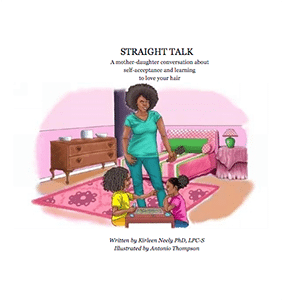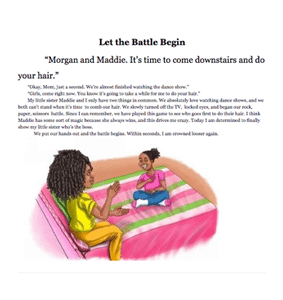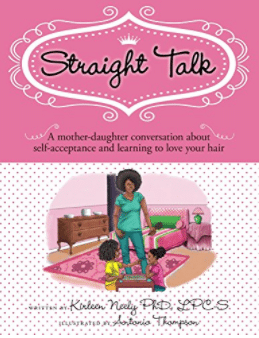Straight Talk
A mother-daughter conversation about self-acceptance and learning to love your hair
Straight Talk, Winner of the Indie Excellence Book Award!
Sisters Morgan and Maddie give their mother nothing but trouble when it comes to combing their hair. They try many tricks to get out of the process and, more importantly, are convinced that getting a hair relaxer will be the answer to all their troubles. Their mother does not know that some family friends have made the girls feel that they have BAD, ugly hair. This funny, cute, story unfolds as their mother takes the girls on a ride through history to learn self-acceptance.
Research
You’re Probably Asking Hair and Counseling What’s the Connection?
The feeling of not being good enough
About eight years ago I met a beautiful 18-year-old woman who was completely bald. She described living in a world of isolation, shame, and deep feelings of worthlessness. Her hair loss was largely due to her own feverish attempt to chemically and physically change the look of her natural hair. She described growing up in a home where she was repeatedly told she had ugly hair, a very common experience for many girls of color.
I was captivated by the power hair holds for women. Her story forced me to look at my own experiences and views on hair. I quickly realized that although I did not have hair loss, I did have the common childhood experiences of being hair shamed. I too had spent most of my life feverishly trying to fit into society’s dominant standard of beauty. I later learned that there is a mass epidemic of hair loss among very young women of color for this exact same reason. I wanted answers and solutions.
When you need answers you do research. I decided to conduct a qualitative research to better understand the complexities of this issue. The study found that the need to fit into dominant beauty standards leads many girls of color down a road of disconnection from their natural hair. They idealize the dominant beauty standard and excessively braid, dye and weave their hair to the point of hair loss in many instances. The end result is psychological and emotionally devastating.
Doing my part to change the conversation. Self-esteem is formed in childhood. I wrote a children’s book to address hair shaming and empower girls to know their value. The book has given me the opportunity to travel and speak to an international audience about my research and hair shaming.
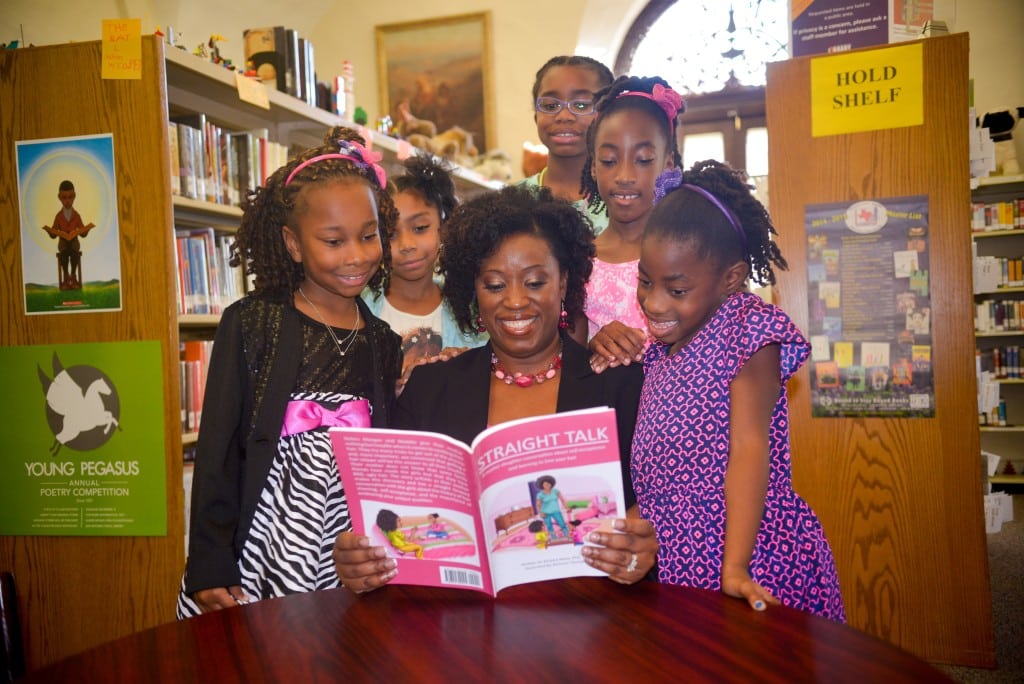
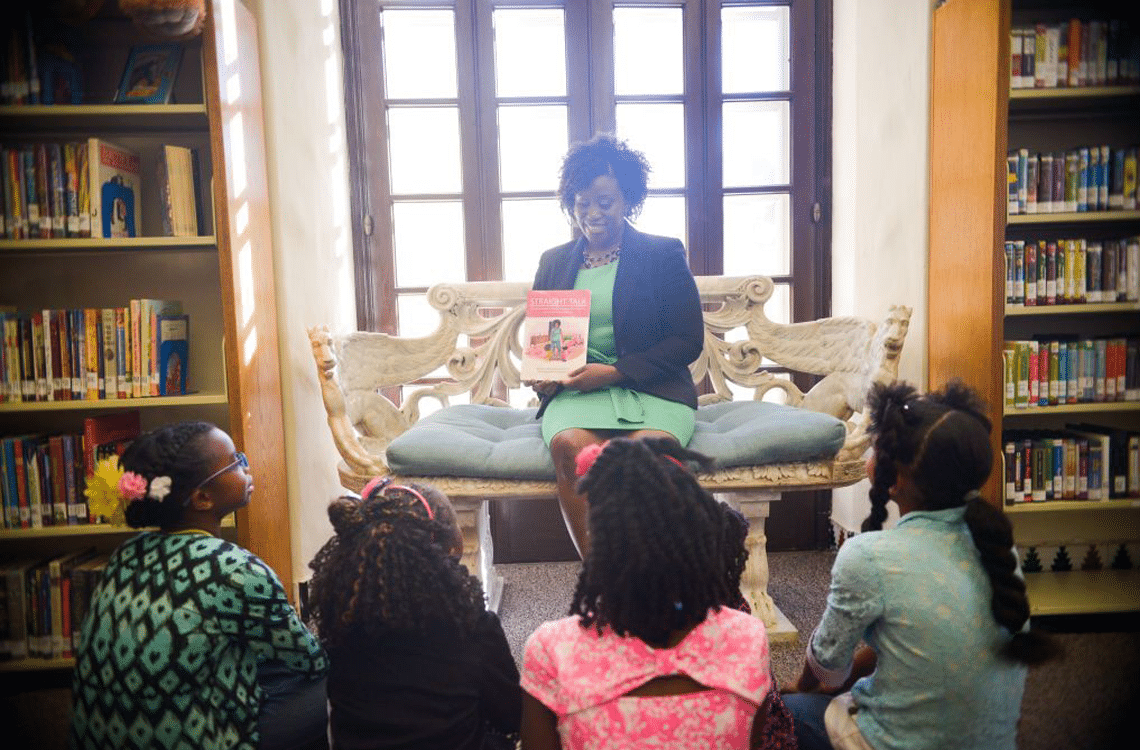

Sample Pages
Related Articles
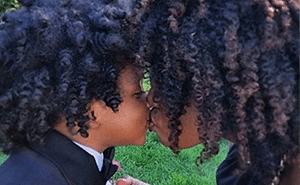
Going Natural May NOT Be the Key to Helping Your Daughter Embrace Her Natural Hair
by Dr. Kirleen Neely, article was featured on currlynikki.com
In recent years natural hair moms have begun to unapologetic enter PTA meetings, playgrounds, and mommy groups rocking their curls. Many of them made a conscious decision to “go natural” as a way to teach their daughters self-acceptance and also help them learn how to navigate their kinky coils.
One significant offspring of their choice to “go natural” is for the first time in decades many little Black girls have grown up knowing that wearing their hair natural is an option. They have gone to weddings where the bride strolls down the aisle with kinky curls, had teachers who proudly rock a fierce twist out, and see their mom’s do the big chop. Undoubtedly, in the last decade, little girls have been exposed to a higher percentage of diverse hair images than years prior.
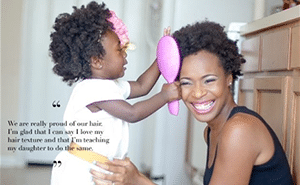
Eradicating Generational Hair Shaming; A Movement to Save Our Thinning Hair
by Dr. Kirleen Neely, article was featured on Colorism.org
We have all been bombarded with the abundance of YouTube videos and blogs discussing the concept of Good hair vs. Bad hair and more recently Natural vs. Relaxed hair for African American women. It’s clear that ethnic hair still carries with it power, pain, and controversy. This topic seems to have stood the test of time largely because of its deep connection to slavery. As with many things in modern-day society, most discussion has centered on being for it or against it. What has struck me about these conversations is the lack of focus on the real-life consequences of these constructs and, even more important, the lack of healthy conversation about solutions.

A Qualitative Inquiry: Untangling The Psychological Implications of Hair Loss And Dominant Beauty Standards For African American Women In Early Adulthood
by Dr. Kirleen Neely
Researchers and hair professionals have noted an epidemic of hair loss among African American women. When medical disease is ruled out, hair grooming practice aimed at making African type hair more Eurocentric is said to be a contributing factor. Hair loss for any woman can impact self-esteem, body image satisfaction, and overall level of happiness. For African American women, abstaining from damaging hair grooming practices may be difficult because of historic discrimination based on hair type and texture.
Get it Now!
Read this beautiful mother-daughter conversation about self-acceptance and learning to love your hair.
COUNSELING/COACHING
RESOURCES
